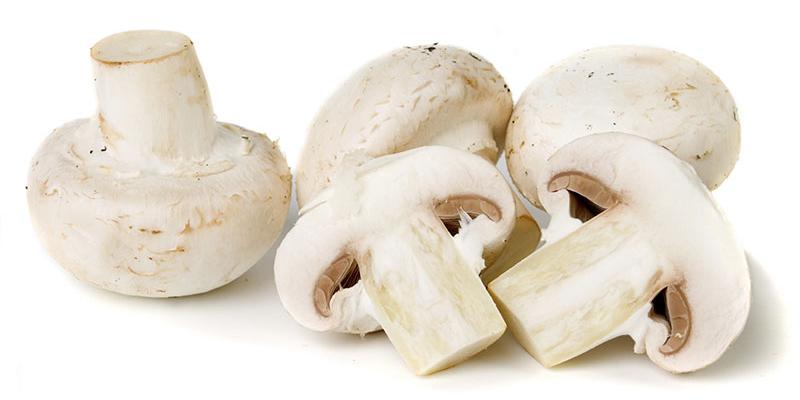By: Steve Bond
You go to the emergency department; you don’t feel well, you have a fever, and they diagnose that you have an infection and recommend a course of antibiotics. Seems simple enough, the doctor can call your regular pharmacy and you can pick it up or have it delivered. But wait! What if they determine that, due to the nature of your infection, the antibiotics must be given intravenously? Does this mean that you’ll have to stay in hospital? Not anymore.
A specialty pharmacy that is trained and licensed to provide infusion services allow you to receive the care you need at home, school, workplace, hospice or at an infusion clinic. The doctor contacts HCCSS (Home & Community Care Support Services), formerly known as the LHIN. They will coordinate with a pharmacy such as Yurek Specialties to send medications, equipment and all related supplies to your home, work, or a clinic. A trained community nurse from an agency such as VON, SEN, ParaMed or Care Partners works with you and the pharmacy to ensure the medications are administered safely using an ambulatory pump or another rate-controlled delivery system.
You may ask yourself: Can any pharmacy not provide infusion services? This field is very specialized and the pharmacists who perform this sort of work have special training. When an order is sent from HCCSS, it is assessed by the pharmacist who evaluates the dose, indication, route, and potential drug interactions. Once they are satisfied, it is prepared in a special sterile room by staff who are trained and certified to compound these medications safely. They must adhere to strict standards outlined by the National Association of Pharmacy Regulatory Authorities (NAPRA) and are certified by the Ontario College of Pharmacists and pre-qualified by HCCSS. Once the medication has been checked by the pharmacist for release, it is maintained under strict conditions for temperature control and delivered with all the necessary supplies that the nurse will require. At the end of your therapy, the pharmacy makes arrangements to pick up all your left-over medications, used supplies and other biowaste for proper disposal.
While antibiotics are one of the most widely prescribed medications dispensed by a home infusion pharmacy, other compounds are ordered. These include medications for pain management, nausea (anti-emetics), hydration and total parenteral nutrition (TPN). TPN involves providing the total nutrition intravenously. It is used when a person cannot or should not receive food by mouth. In some cases, this is a short-term solution but for others, this is chronic. The pharmacist coordinates with the prescriber and a registered dietician who is an expert on diet and feeding.
So next time your doctor or nurse practitioner tells you that you need infusion therapy, don’t fret. Your home infusion pharmacist is there to help along the way. Take care of yourselves and each other.








